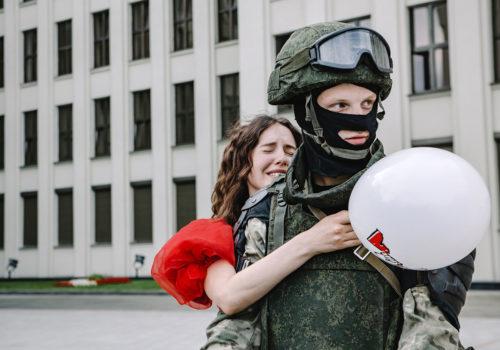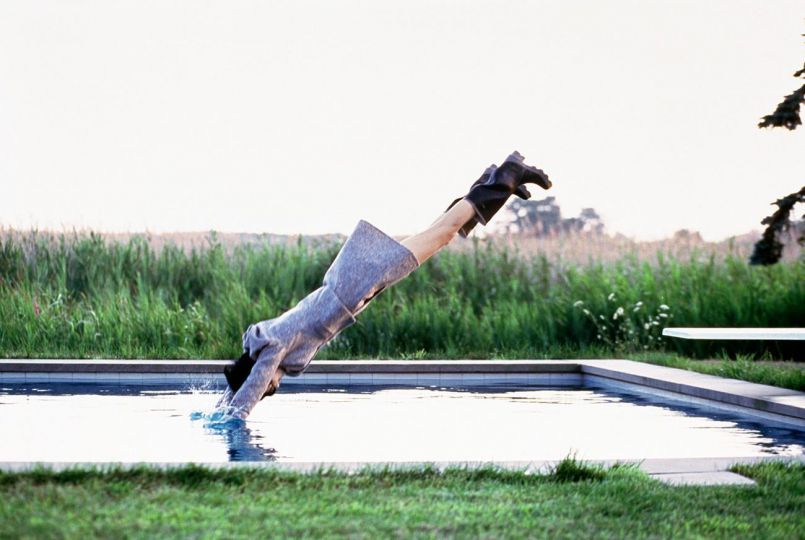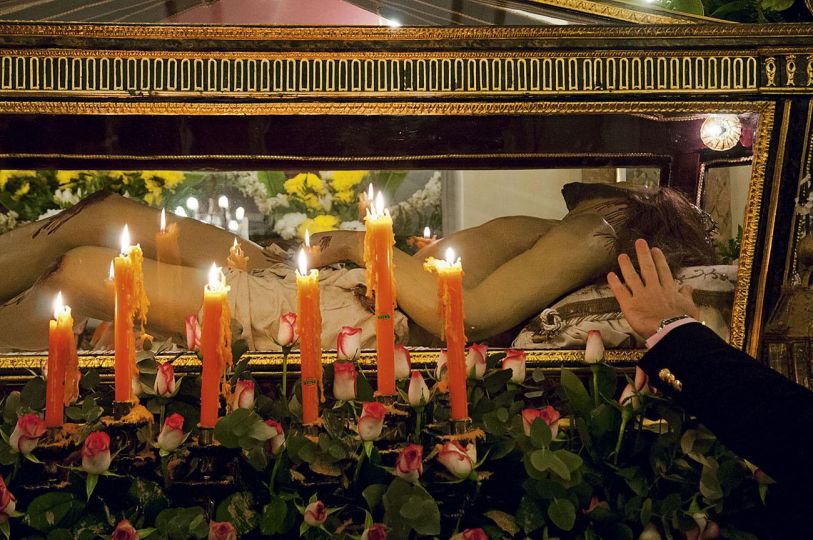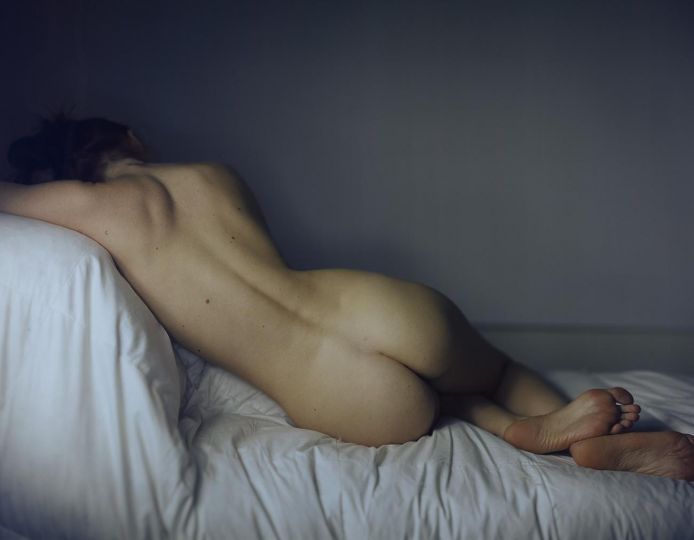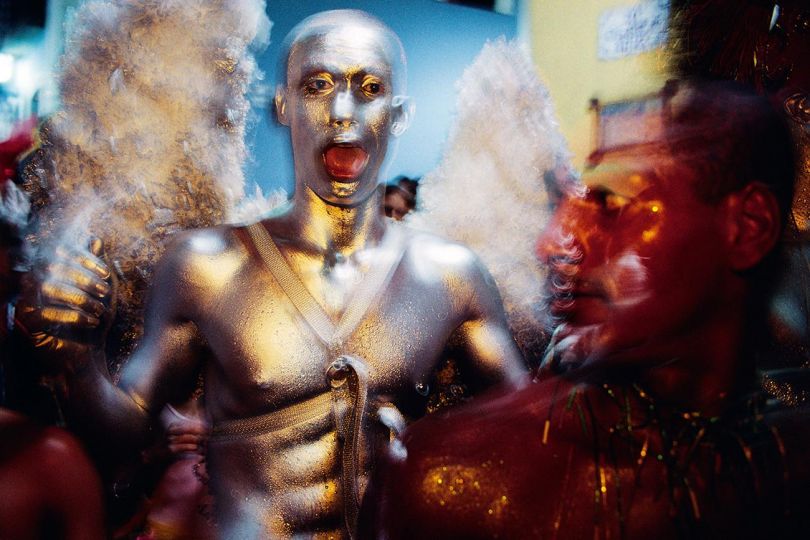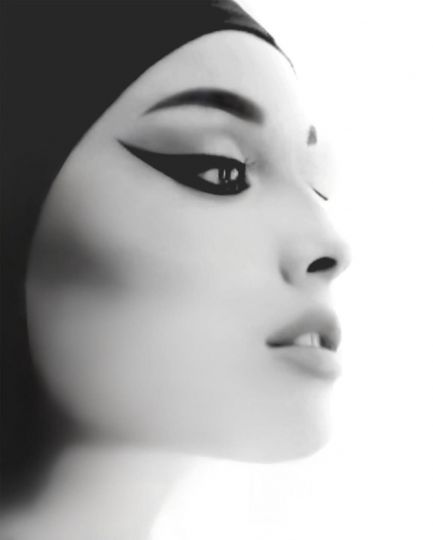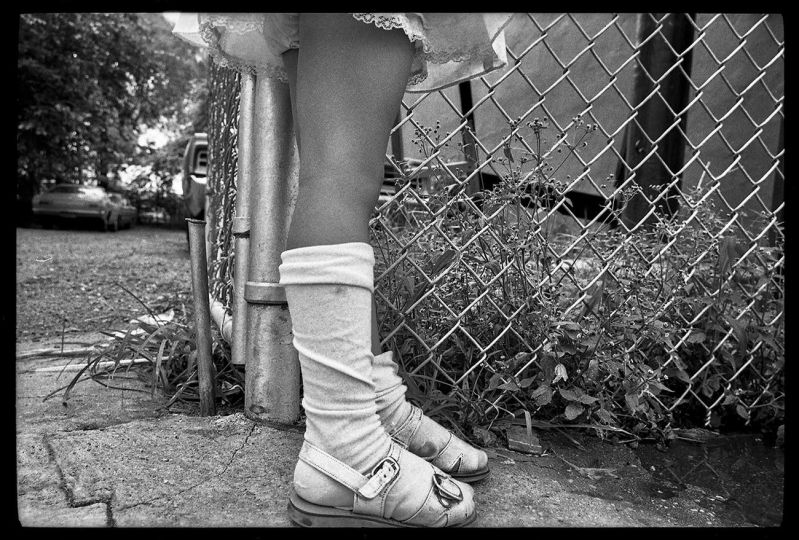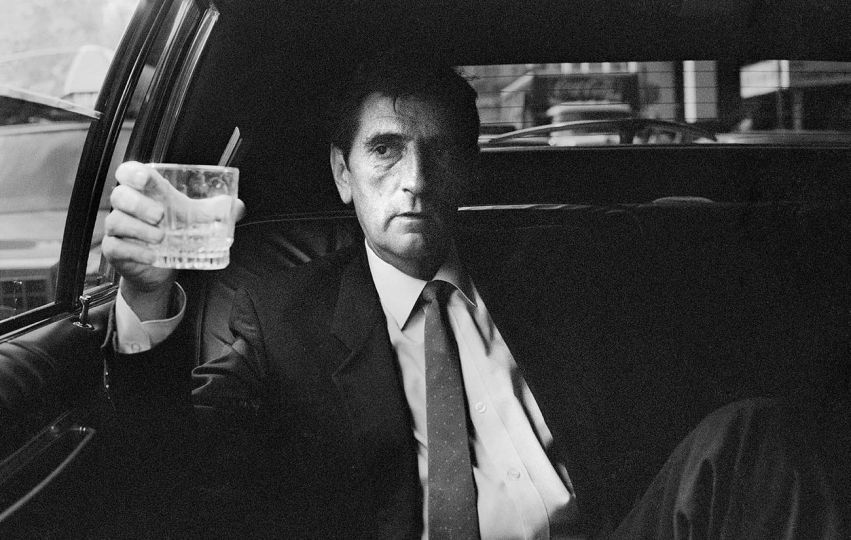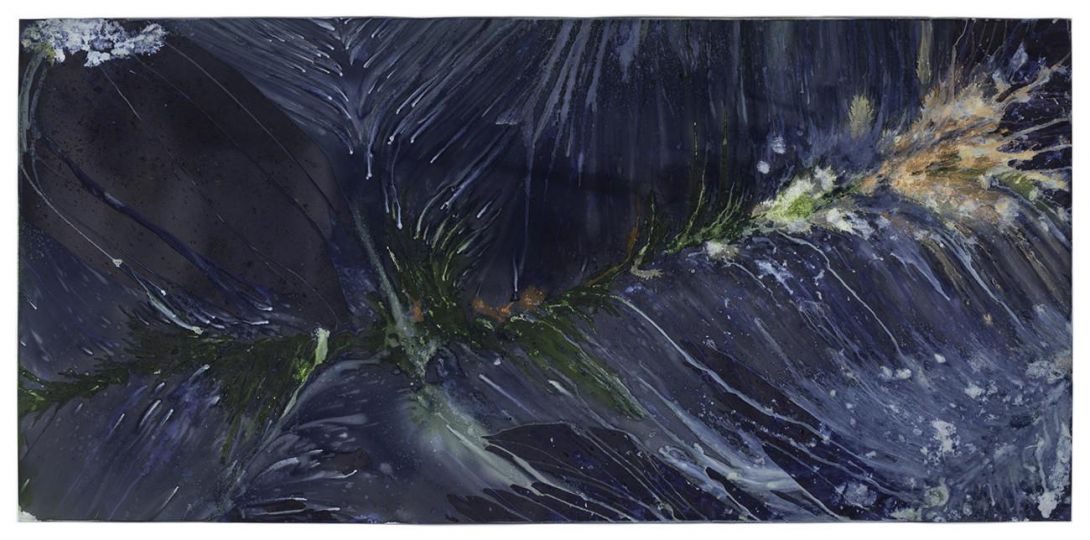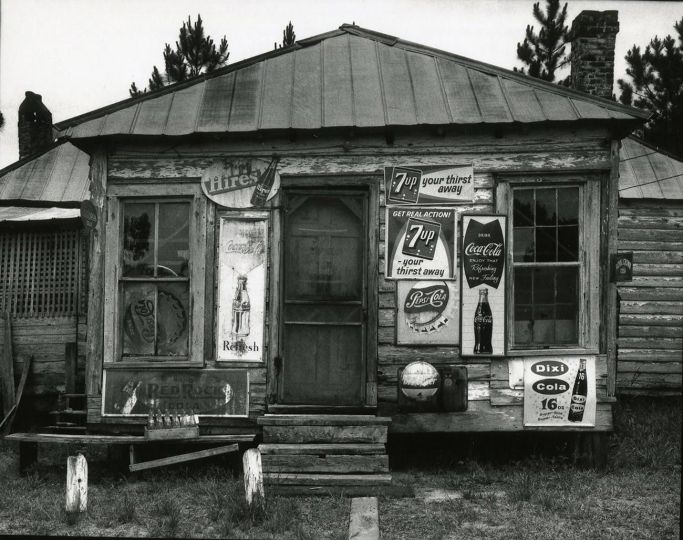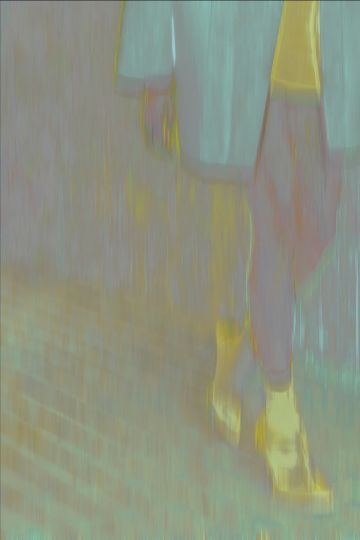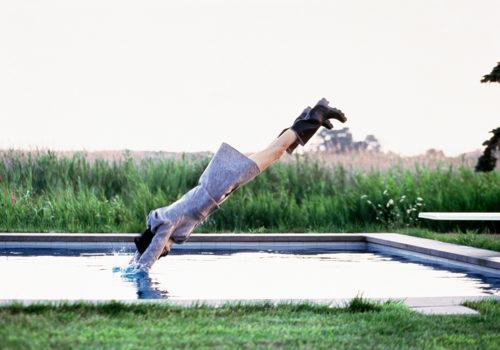Freedom
Femen in Ukraine, Pussy Riot in Russia, the Women’s Marches 2020 in Belarus, as well as the struggles against the abortion paragraph in Poland: something is happening in Eastern Europe. For years, women have been drawing attention to themselves with political protests and highprofile actions. They are perceived internationally as political actors and publicly break the traditional clichés of women as workers, mothers or sex objects.
Women in Eastern Europe have their own socialisation history: for more than forty years they were considered equal under communism – but usually the sole responsibility for housework and child rearing was added to the gainful employment. Strongly defined gender roles in everyday life seem to be incompatible with the self-image of a new generation of women. The stereotypes are shaking today, at least they are in motion. How do these women see themselves? How do we see them?
In Women on the Move, nine female photographers take a differentiated look at the current situation and the historical legacy of women in Eastern Europe: Belarus has one of the highest abortion rates in the world, yet they remain taboo. Tatsiana Tkachova met women who have had abortions; they tell of violence in marriage, abuse, fear and financial difficulties. In Poland, thousands are taking to the streets against the tightening of the abortion law. Agata Szymanska examines the eroding situation of the rule of law in Poland and the repression of critical judges. Violetta Savchits documented women’s resistance to the rigged presidential election in Belarus in 2020 before it was silenced.
Criticised, tortured and persecuted, this is also part of the story of the group Femen founded in Kiev. Justyna Mielnikiewicz portrayed the women’s rights activists who have been demonstrating unclothed for women’s rights for more than a decade. Photographs by the Ukrainian artist Elena Subach deal with the generation of grandmothers. With handbags and traditional, colourful headscarves, her photographs encourage reflection on the gap between generations.
A collaboration between the artist Alicja Rogalska and the Hungarian Women’s Choir of Kartal resulted in the award winning video work News Medley. It impressively combines traditional folk tunes with contemporary texts. Natalia Kepesz deals with collective memories and their visual realisation: Her grandmother ran away from home to fight in the Second World War. In 1945 she sent a photo from the front. On the back she wrote: Let this dead photograph reminds you of me alive. Maria Kapajeva’s video work deconstructs the Soviet propaganda film The Bright Way (Alexandrov, 1940). In the current Russian war of aggression, international attention is focused on Oksana Parafeniuk’s homeland, Ukraine. Her photographs tell of life between war and everyday life.
With works by: Maria Kapajeva, Natalia Kepesz, Justyna Mielnikiewicz, Oksana Parafeniuk, Alicja Rogalska & Kartal, Violetta Savchits, Elena Subach, Agata Szymanska-Medina, Tatsiana Tkachova
Women On The Move – Eastern Europe from Tradition to Action
Exhibition: 9. September – 6. November 2022
f3 – freiraum für fotografie
Waldemarstraße 17
10179 Berlin
https://fhochdrei.org/

